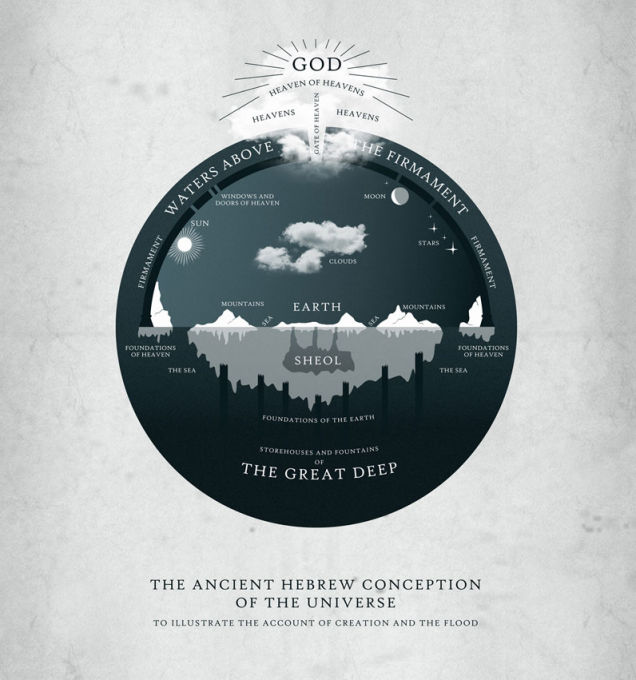Redbaron
Pirate fan since the dark ages
- Pronouns
- He/Him/His
Here is Professor James McGrath, with a few thoughts on the creation stories in Genesis, and how some would try to read them.

 www.patheos.com
www.patheos.com

Statement Of Faith For Biblical Literalists
Statement of Faith for Biblical Literalists ARTICLE I: One day = six days Genesis 1:1-2:3 says God completed the creation of the heavens and earth in six


